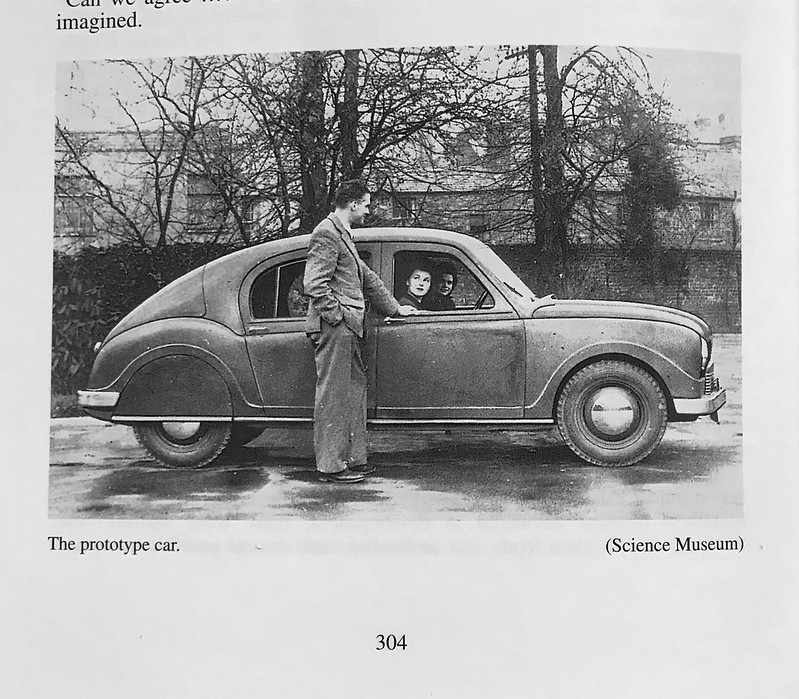From there, I could see MG being Ford's sporty brand and Rover fulfilling the same role in the UK as Mercury in North America as an entry-level premium brand as a stepping stone to Jaguar. From there, it would be easy for MG to try to come something close to its original sports-car heritage, even hitting the retro trend with reviving the MGB (as what happened OTL with the RV8) and Midget, since it has the resources both of Ford's performance divisions as well as Mazda. Only the Mini would be exempt and basically be following its own thing. Meanwhile, the other marques inherited with the acquisition of Austin Rover would be more problematic.
I'm having a hard time thinking of modernized "MGBs" being anything other than rebadged Miatas.




